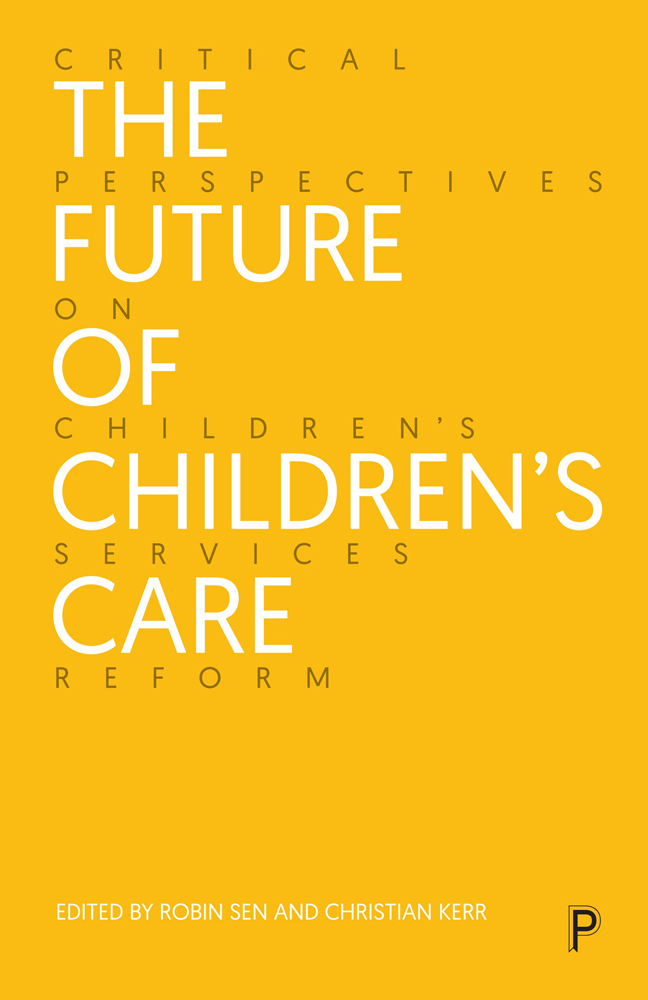Book contents
- Frontmatter
- Dedication
- Contents
- Notes on contributors
- Acknowledgements
- Foreword
- 1 Introduction: critical perspectives on children’s services reform
- 2 Where now? Children's rights in England into the 2020s
- 3 More of memes than schemes: networked propagation in children's social care
- 4 Reclaiming social work, the social work complex and issues of bias in children's services
- 5 Humane social work practice: a more parent friendly system? Hopes and challenges in the 2020s
- 6 Exploring and re-imagining children's services in England through a decolonial frame
- 7 Kinship care for England and Wales in the 2020s: assumptions, challenges and opportunities
- 8 If adoption is the answer, what was the question?
- 9 Caring for children and young people in state care in the 2020s
- 10 Protecting children: a social model for the 2020s
- 11 Conclusion: children's services reform looking back and forwards
- Index
3 - More of memes than schemes: networked propagation in children's social care
Published online by Cambridge University Press: 23 January 2024
- Frontmatter
- Dedication
- Contents
- Notes on contributors
- Acknowledgements
- Foreword
- 1 Introduction: critical perspectives on children’s services reform
- 2 Where now? Children's rights in England into the 2020s
- 3 More of memes than schemes: networked propagation in children's social care
- 4 Reclaiming social work, the social work complex and issues of bias in children's services
- 5 Humane social work practice: a more parent friendly system? Hopes and challenges in the 2020s
- 6 Exploring and re-imagining children's services in England through a decolonial frame
- 7 Kinship care for England and Wales in the 2020s: assumptions, challenges and opportunities
- 8 If adoption is the answer, what was the question?
- 9 Caring for children and young people in state care in the 2020s
- 10 Protecting children: a social model for the 2020s
- 11 Conclusion: children's services reform looking back and forwards
- Index
Summary
Introduction
The networked connections that influence policy decisions in children's social care in England have been the subject of increasing attention in recent years (Jones, 2019; Tunstill, 2019; Purcell, 2020; Rogowski, 2020; Hanley, 2022). This is in line with a broader body of work on networks, including that of Spanish sociologist Manuel Castells (2010), who argues that the functions and systems of contemporary society are now predominantly organised around networks. This chapter does not seek to replicate this existing literature, and instead examines one of the chief ways that networks influence and guide policy: through the perpetuation and reinforcement of policy concepts or ideas, and in particular how this is done using pieces of cultural information known as memes. The word meme is short for mimeme, meaning to imitate, and was coined by Richard Dawkins, who saw memes as cultural parallels to biological genes in the way they perpetuate and spread across generations and space, while also being subject to mutation (Dawkins, 1976). The creation of the internet popularised the term meme and it is now used widely to denote information, most commonly photos, but also videos and text, transmitted through repetition, imitation and alteration (Cavanagh, 2019).
The chapter starts with an overview of relevant theory related to networks, alongside a brief introduction to the existing literature on the networked connections in children's social care policy. The discussion then moves to looking at how these theories address the proliferation of ideas within networks, including through the use of memes. These insights are then applied to children's social care in England, looking at two illustrative examples of highly influential memes within this sector: ‘reclaiming social work’ and ‘high-quality’. Finally, the MacAlister Review is discussed, with a particular focus on how the meme of ‘safe and stable’ shaped that review, but also looking at a range of additional memes used throughout that review process. Ultimately it is suggested that while the power and influence of policy networks can at times be enacted through purposeful collusion (schemes) it is more likely to be felt through the perpetuation and reinforcement of concepts and policy ideas (memes) that do not receive sufficient scrutiny within such policy networks.
Network society
Castells’ (2010) theory of the network society argues that ‘as an historical trend, dominant functions and processes in the information age are increasingly organised around networks’ (p 500).
- Type
- Chapter
- Information
- The Future of Children's CareCritical Perspectives on Children's Services Reform, pp. 38 - 59Publisher: Bristol University PressPrint publication year: 2023



